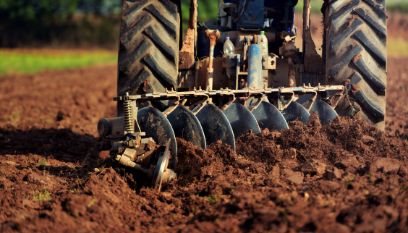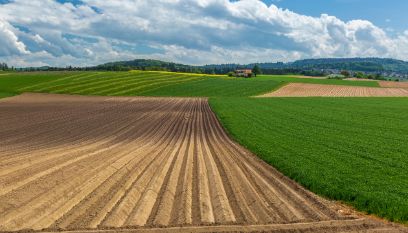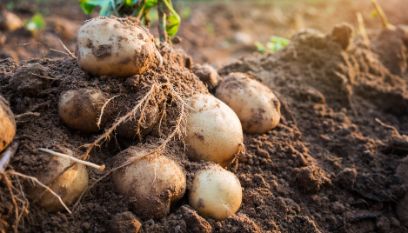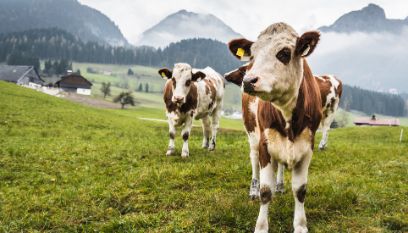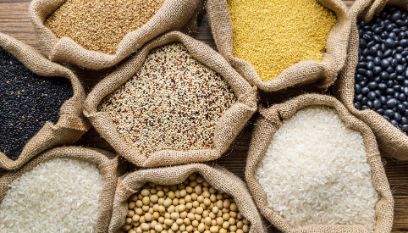Study focus
During the MSc programme in Agricultural Science, you will gain comprehensive knowledge and become a top specialist in your selected area of special expertise. You will develop the ability to delve quickly and independently into unfamiliar areas, then implement your new knowledge in practice.
What you gain with this program
MSc in Life Sciences degree programme – Agricultural Science
-
qualifies you for work as a well-rounded specialist: you will delve into your chosen area of special expertise while studying a broad variety of methodological approaches and topics.
-
expands your network: whether in class, internships or your thesis work, you will interact with a host of players in the agricultural industry.
-
is practice-based: your presentations and case studies will be based on real-life practical examples, and your master’s thesis will take a hands-on approach.
-
prepares you for future leadership roles in the Swiss agricultural industry: in addition to comprehensive knowledge of specialist topics and methods, you will also hone your communication and leadership skills.
-
opens the door to the international job market: you may complete your master’s thesis abroad or in cooperation with an international organisation.
-
allows you full flexibility: you can study full- or part-time and combine your master’s thesis with your regular job.



